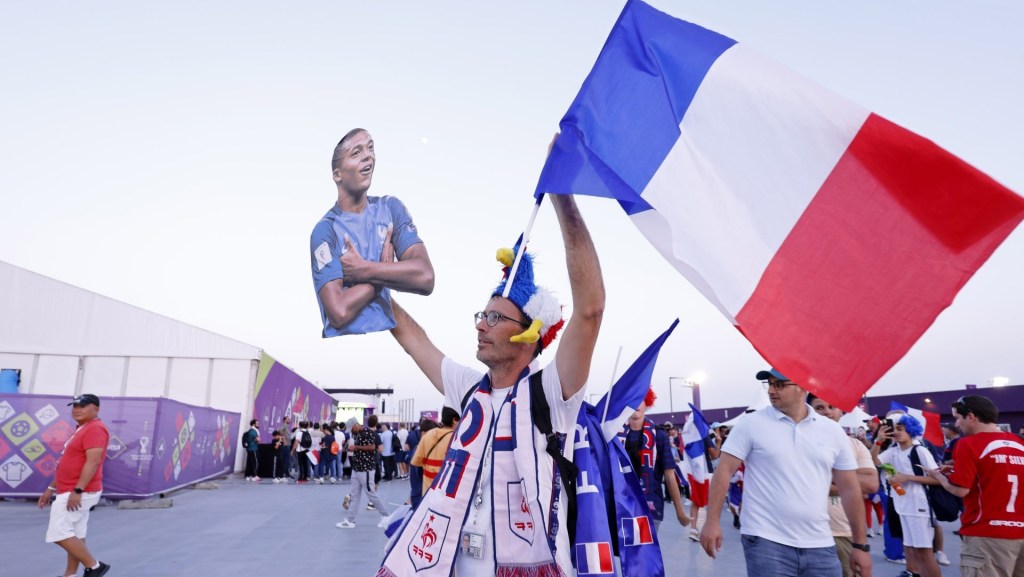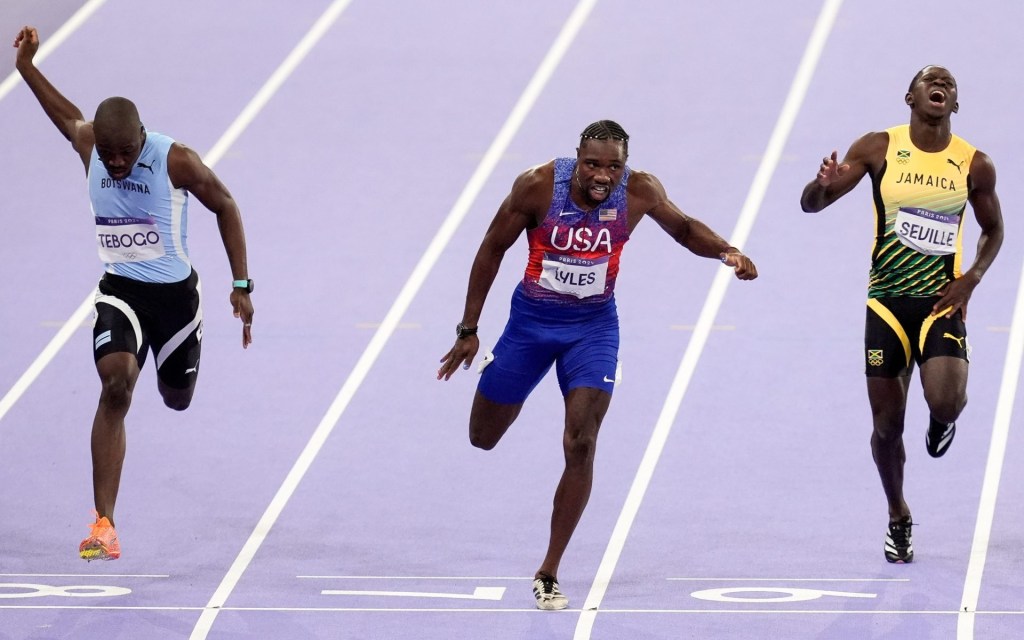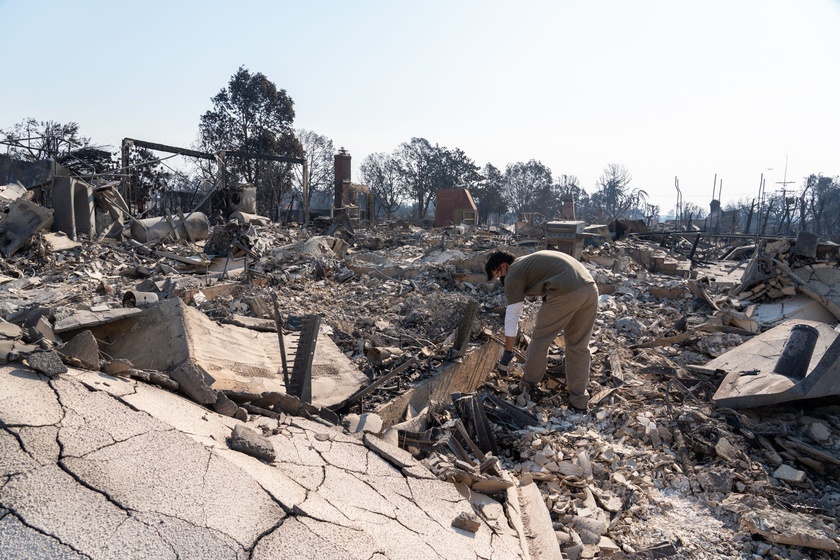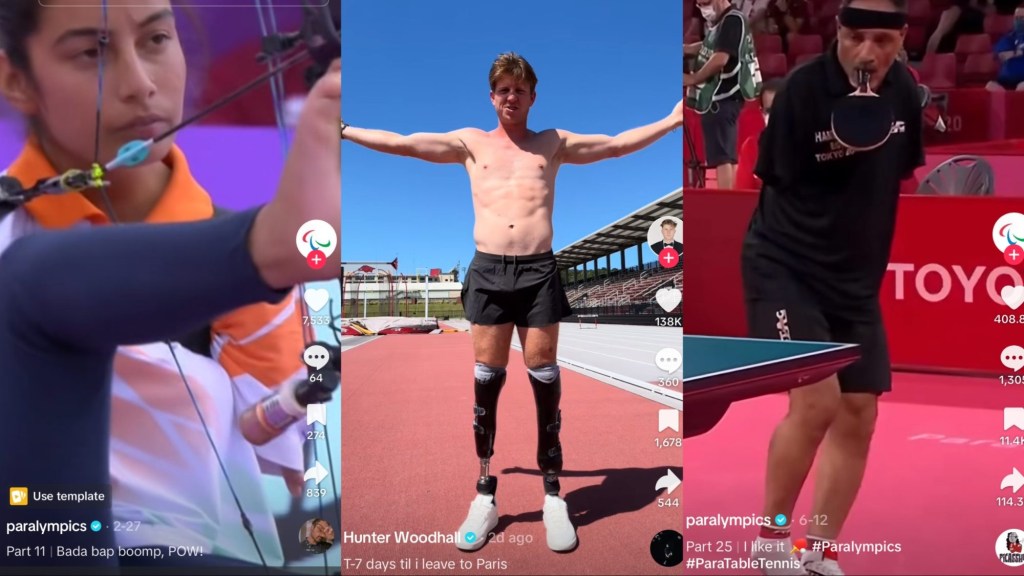Early Wednesday, 21 of the 23 Spain women’s national soccer team players agreed to end their boycott after the Royal Spanish Football Federation (RFEF) said it would make “immediate and profound” changes to its structure. Players, RFEF officials, the country’s National Sports Council, and the women’s players’ union FUTPRO negotiated for seven hours overnight.
“An agreement has been reached to make changes to the structure of women’s soccer, so that the executive and administrative staff will match that of the men’s team, to further professionalize the team and staff,” said FUTPRO president Amanda Gutiérrez.
Those changes include the creation of a committee made up of players, the federation, and the government, as well as the removal of the phrase “de fútbol femenino” (“women’s soccer”) from the team’s official name. Both the Spanish men’s and women’s national teams will be called “Selección Española de Fútbol” (“Spain’s national soccer team”).
The two players who did not agree to end their boycott — Patri Guijarro and Mapi León — have not played for Spain since before the World Cup due to issues that preceded the current controversy. The pair were given assurances that they would not be sanctioned under Spanish law for failing to report to national team training.
“The situation for Patri and me is different from our teammates,” León said. “We were not ready to just say, ‘OK, we are back.’ This is a process. It is true that we are happy that changes are being made.”
The larger boycott began when former federation president Luis Rubiales nonconsensually kissed player Jenni Hermoso during the celebration of Spain’s World Cup victory. Rubiales has since resigned and manager Jorge Vilda was replaced by former assistant Montse Tomé.
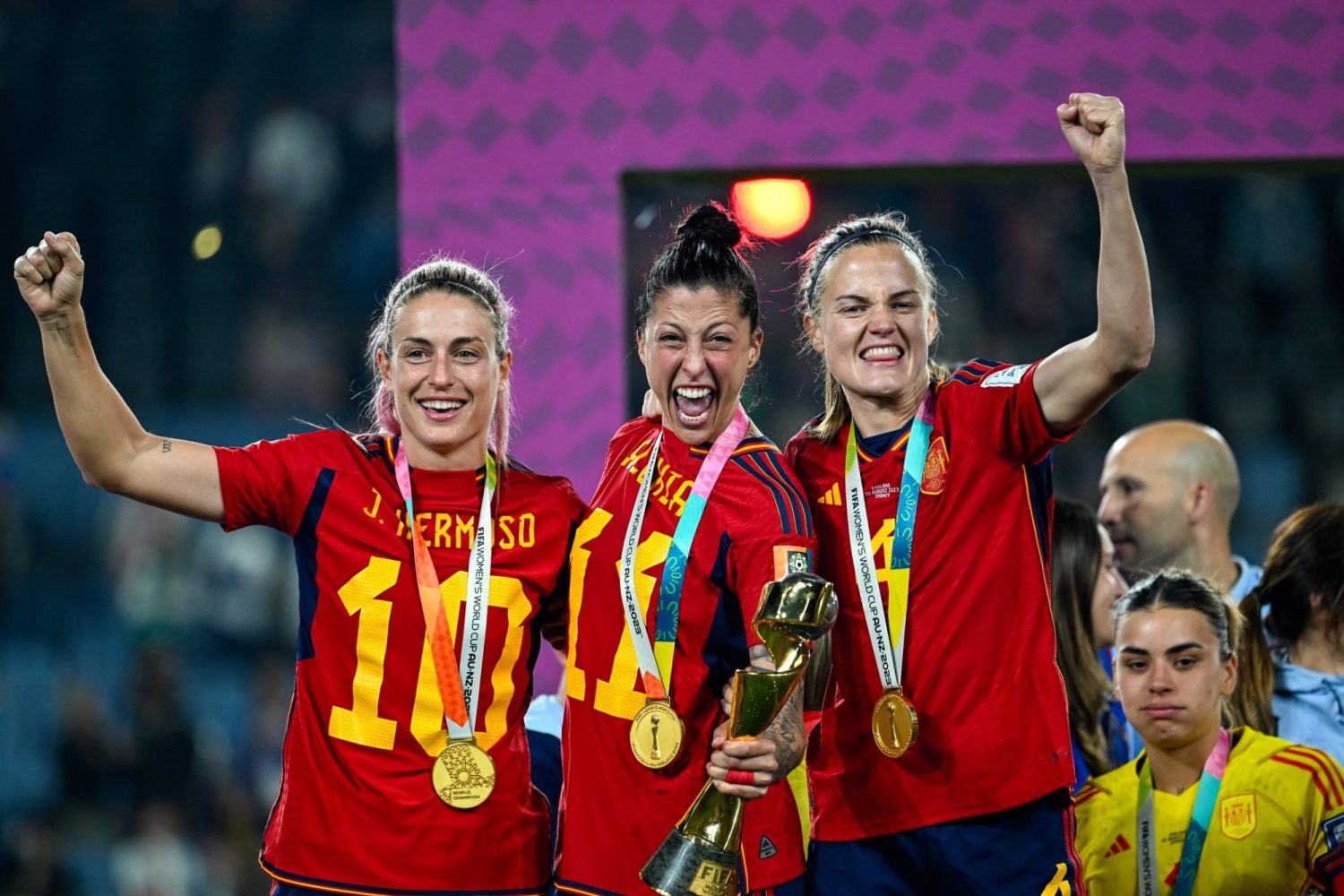

![[Subscription Customers Only] Jun 15, 2025; Seattle, Washington, USA; Botafogo owner John Textor inside the stadium before the match during a group stage match of the 2025 FIFA Club World Cup at Lumen Field.](https://frontofficesports.com/wp-content/uploads/2026/02/USATSI_26465842_168416386_lowres-scaled.jpg?quality=100&w=1024)
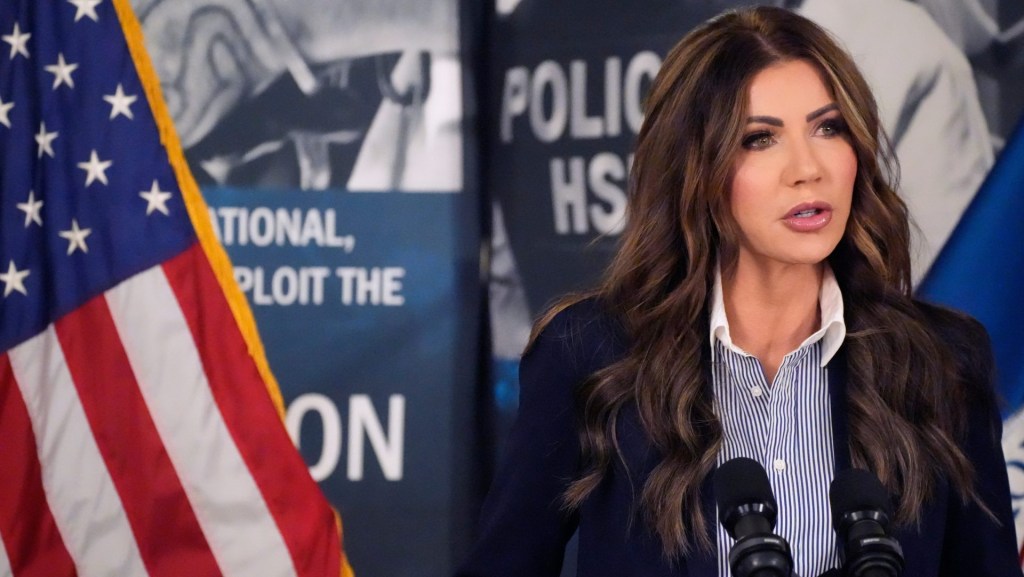
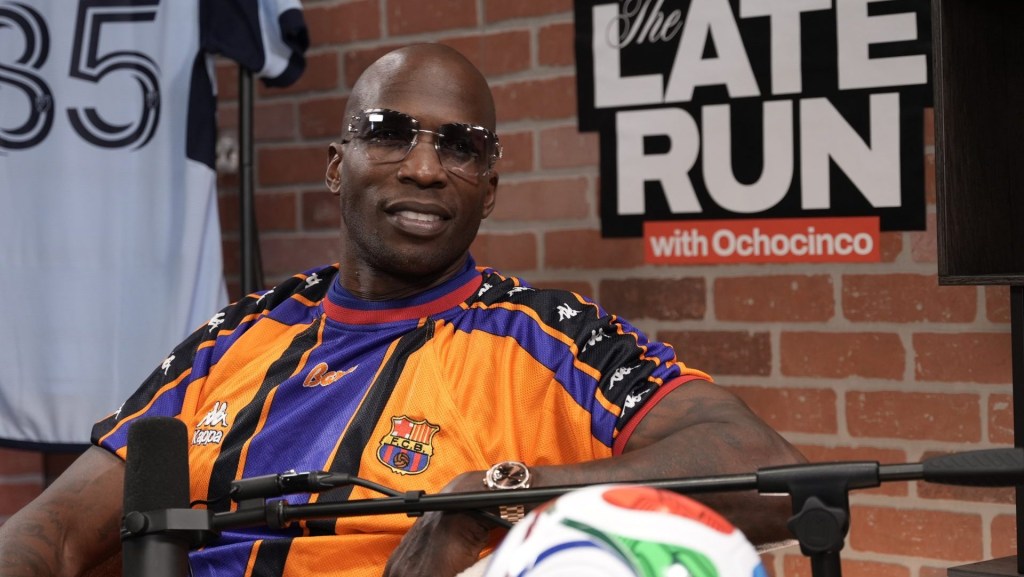
![[Subscription Customers Only] Jul 13, 2025; East Rutherford, New Jersey, USA; Chelsea FC midfielder Cole Palmer (10) celebrates winning the final of the 2025 FIFA Club World Cup at MetLife Stadium](https://frontofficesports.com/wp-content/uploads/2026/02/USATSI_26636703-scaled-e1770932227605.jpg?quality=100&w=1024)



